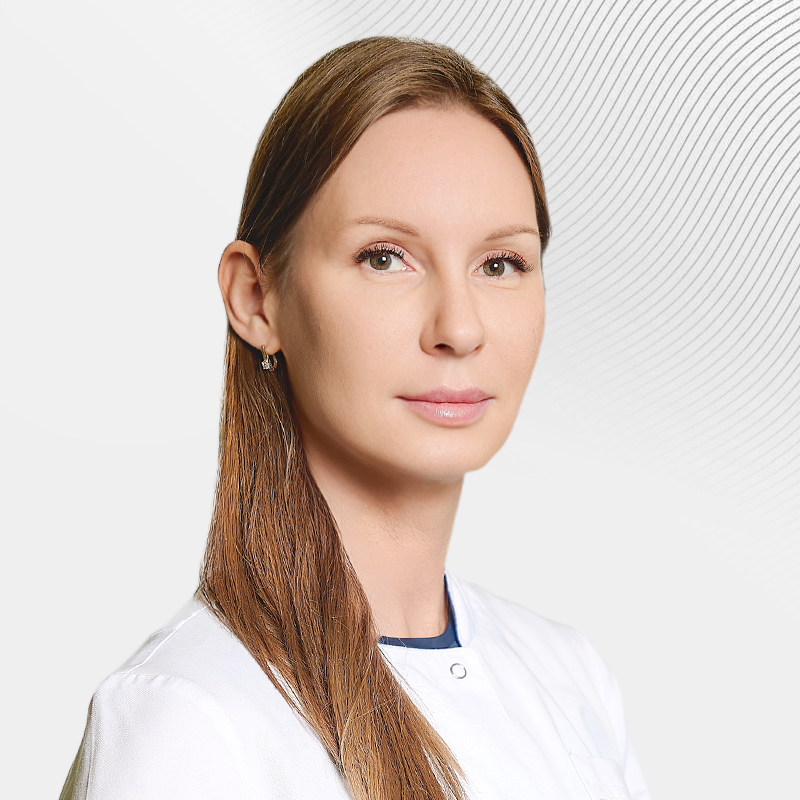MSCT of the heart and blood vessels
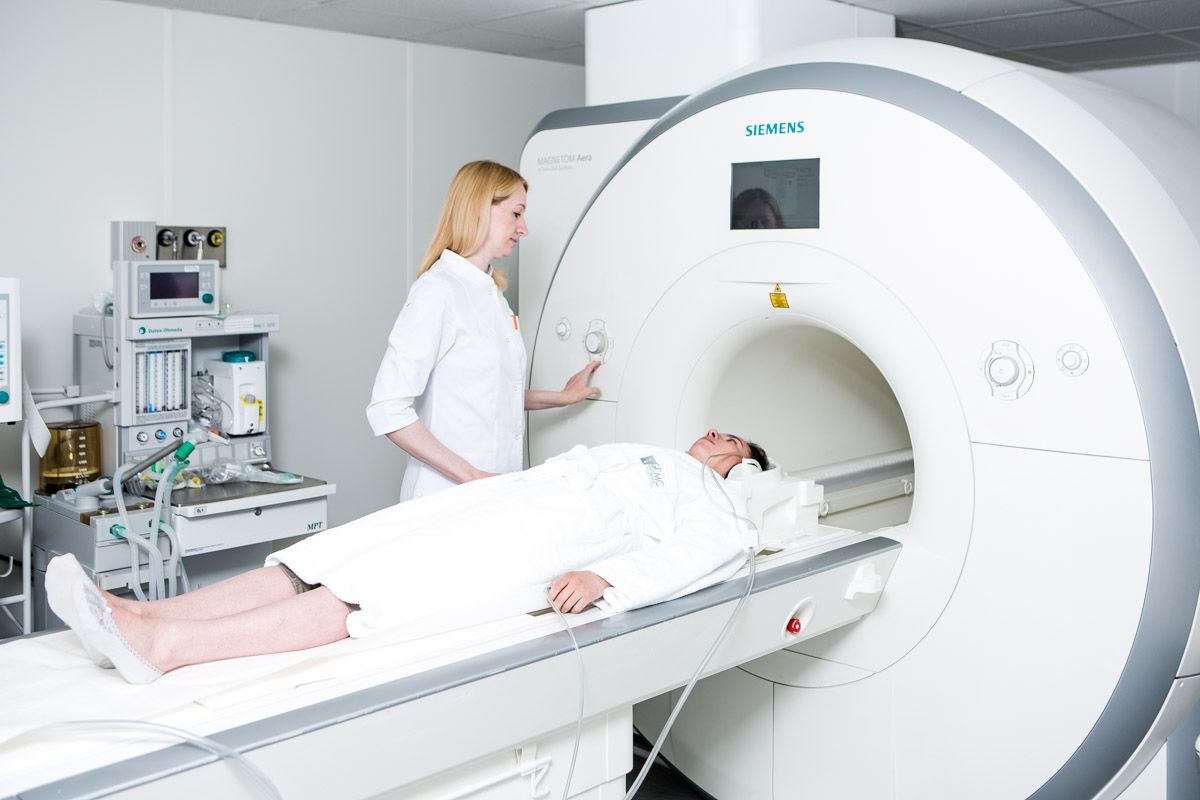 Such a system makes it possible to quickly and with minimal radiation exposure to the patient to obtain accurate visualization of the organ of interest, including the coronary and peripheral arteries. At the EMC clinic, the study is performed on a SIEMENS SOMATOM EDGE PLUS CT with 128 physical and 384 virtual sections under the guidance of an experienced cardiologist, radiologist, PhD, Dr. Vladimir Glagolev.
Such a system makes it possible to quickly and with minimal radiation exposure to the patient to obtain accurate visualization of the organ of interest, including the coronary and peripheral arteries. At the EMC clinic, the study is performed on a SIEMENS SOMATOM EDGE PLUS CT with 128 physical and 384 virtual sections under the guidance of an experienced cardiologist, radiologist, PhD, Dr. Vladimir Glagolev.
Advantages of MSCT angiography
Multispiral computed (MSCT) angiography of the coronary arteries is a modern alternative to coronary angiography (which is performed in the operating room)- a method recognized as the gold standard for anatomical assessment of heart vessels. Unlike coronary angiography, MSCT angiography does not require hospitalization, special instruments are applied to the heart, and it takes only a few minutes.
- Non-invasiveness.
- Hospitalization is not required: MSCT angiography is performed on an outpatient basis and takes only a few minutes.
- The possibility of anatomical and functional assessment. The study allows you to detect myocardial lesions, evaluate the morphological parameters of plaques, identify areas of impaired myocardial contractility, that is, evaluate not only the anatomy of the organ of interest, but also its performance.
- Obtaining visual information in the shortest possible time. MSCT angiography allows you to quickly confirm or deny the presence of dangerous emergency conditions: aortic dissection, PE, acute coronary syndrome.
- Convenience for the patient. Usually, MSCT of the coronary vessels, and the patient can leave the clinic immediately after the end of the procedure.
Indications
MSCT is used in diagnostics:
-
Coronary heart disease (CHD)
-
Diseases of the aorta (coarctation, aneurysms, dissections, etc.) < /p>
-
Lesions of peripheral arteries (obliterating atherosclerosis of the arteries of the lower extremities, atherosclerosis of the carotid arteries, etc.) < /p>
-
Pulmonary embolism
-
Congenital malformations of the cardiovascular system
-
Acquired heart defects, for example, calcification of the aortic valve with the development of stenosis or insufficiency, etc., including for planning further surgical treatment
-
Various aneurysms and vascular malformations of intracranial (intracranial) arteries.
Multispiral computed tomography allows you to exclude or confirm three serious urgent conditions in the shortest possible time: aortic dissection, pulmonary embolism, and acute coronary syndrome. Accurate and early detection of these dangerous diseases makes it possible to start treatment in a timely and correct manner.
Limitations and contraindications
Multispiral computed tomography is a safe study that allows you to get reliable results in patients of any height and weight, with severe obesity, the assessment of small arteries is sometimes difficult.
Taking into account the high information content of the study results, in the latest recommendations of the European Association of Cardiology for 2024, coronary artery MSCT became the first and main method of diagnosis of chronic coronary heart disease, receiving the highest recommendation class for its implementation- IA, bypassing all other methods for the diagnosis of coronary heart disease.
The limitations of MSCT angiography are:
- Marked calcification of the coronary arteries. The deposition of calcium in the vessel wall may prevent an accurate assessment of the degree of damage to this area of the artery, as the possible illumination of its lumen in the images obtained.
- Small vessel size (less than 2 mm). The spatial resolution of the MSCT limits the accurate visualization of very small details, and their size and shape may be distorted.
- Cardiac arrhythmias. With atrial fibrillation (atrial fibrillation), frequent cardiac arrhythmias in the form of extrasystoles, and a constant high pulse rate, artifacts may appear, which makes the images less informative.
- The patient is overweight, and has a body mass index of over 33. The limitation is related to the physical laws of X-ray penetration through human tissues.
- Inability of the patient to hold his breath or follow the commands of the medical staff.
- The presence of uncontrolled thyrotoxicosis
The dose of X-ray radiation obtained during multispiral computed tomography, as well as with conventional CT, does not exceed the safe limits. However, in pregnant women, MSCT is performed only in life-threatening conditions.
Alternative studies are recommended for patients with a high risk of contrast-induced nephropathy.
And in the presence of allergic reactions to a contrast agent, the procedure is performed under special medical protection and with the choice of another drug that has not previously been noted to be allergic reactions.
Preparation for the procedure
MSCT angiography is performed with intravenous administration of an iodine-containing contrast agent, therefore, additional examination of the patient is required to determine kidney function. In this case, a blood creatinine test is prescribed, and other examinations are also possible as prescribed by the attending physician.
When performing multispiral CT with contrast, it may be necessary to cancel some medications that are constantly being taken, for example, metformin.
How is the procedure performed
Before the procedure, the patient is escorted to an office, where he removes all metal objects (jewelry, watches, electronic devices) and changes into disposable medical clothing. A safe is provided for the safe storage of valuables.
The patient is placed on the tomograph table, ECG electrodes are connected during the examination of the heart, a disposable intravenous catheter is installed, then hands are raised up and the examination begins, at one of the stages of which a contrast agent is injected intravenously. At this moment, there may be a feeling of warmth throughout the body and a metallic taste in the mouth. This is considered normal.
During the procedure, the sensor rotates around the patient's body. The doctor and the X-ray technician are in an adjacent room and communicate with the patient via an intercom. From time to time, the patient will be asked to hold their breath for a few seconds.
According to the results of the examination, the patient receives a conclusion and the results in the form of photographs that can be printed, recorded on digital media, and also stored in the electronic archive of the EMC clinic.
In the Department of Radiation diagnostics at the EMC Clinic, multispiral computed tomography is performed by specialists of the highest category using the latest generation of equipment. This makes it possible to significantly reduce the amount of contrast agent used, minimize radiation exposure, and obtain highly informative images for accurate conclusions without resorting to invasive coronary angiography in the operating room and angiography.: fast, convenient for the patient, without risk of complications. You can sign up for the procedure and check the prices for our services online or by phone +7 495 933-66-55.
Doctors

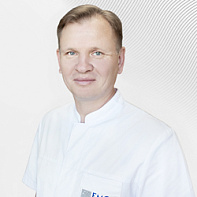
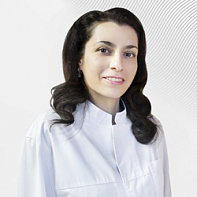
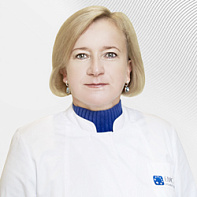
.jpg)
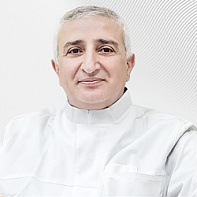

.jpg)
.jpg)
.jpg)
.jpg)
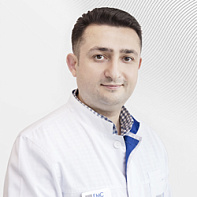
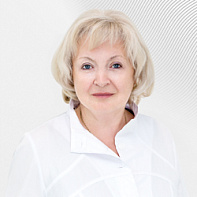
.jpg)

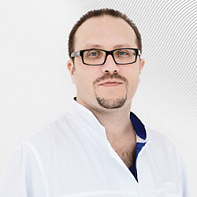
.jpg)
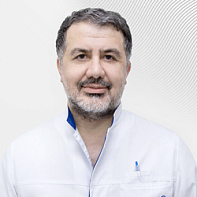
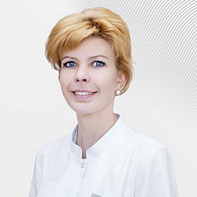
- Specializes in research of the cardiovascular system, including in the framework of surgical vascular pathology, as well as in such pathologies as ACS and oncological cancer
- Field of activity — ultrasound examinations of blood vessels in all regions
